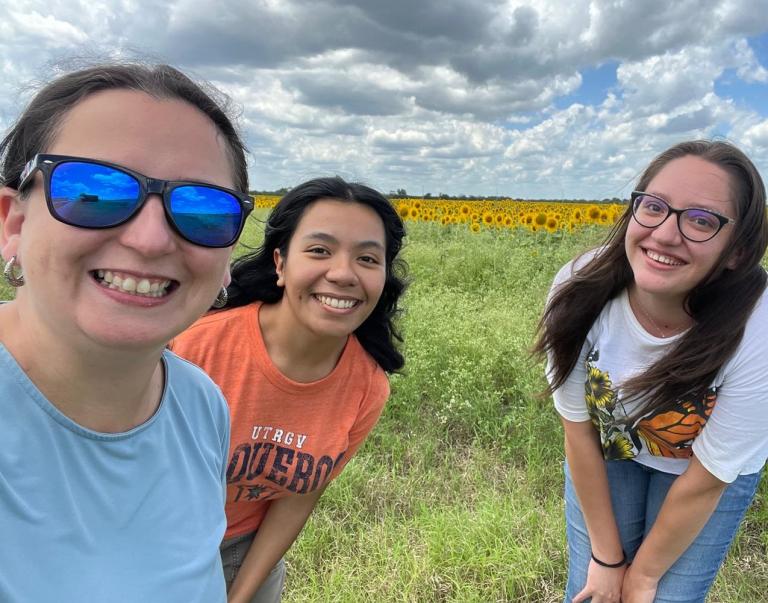
“If you are planning for a year, sow rice; if you are planning for a decade, plant trees; if you are planning for a lifetime, educate people.”
I was reminded of this powerful proverb while preparing for our ReConnect program announcement. As a former teacher, education and its long-reaching benefits are dear to my heart. While joining Deputy Under Secretary Donald “DJ” LaVoy at Lindsey Wilson College in Columbia, Kentucky, to announce over $55.3 million in ReConnect funding, I thought of the impact this funding would have on the education of our fellow Kentuckians.
In a U.S. Chamber paper titled “The Impact of Broadband and Education,” (PDF, 1 MB) radio, television, and the computer are listed as transformative solutions for education in America, with broadband having the greatest potential. In short, broadband can quite literally bring students and educators together from hundreds or thousands of miles away.
This is why we chose to focus on broadband’s impact in education; while it is true that rural communities stand to benefit from broadband expansion in a number of ways, its ability to help close the very real digital divide between rural and urban America is a shining promise to the future for all Americans.
One example of that is in Jackson County, where reading teacher Kayla Shearer has used her school’s broadband to connect her students with a park ranger when they were reading about national parks. Broadband plays an integral role in education outside the physical school in Jackson County as well. The school district says about 85% of students have access to internet at home (thanks to previous USDA funding), so when students can’t come to school due to weather-related closures, they can get their classwork online. Jackson County is a great example of why youth who live in areas with broadband often earn higher scores on college entrance exams like the ACT and SAT.
Online or distance education at accredited higher learning institutions is gaining ground across the country as well, and I can’t help but think a large part of that growth is rural students who can get degrees and certifications without leaving the communities where they’ve been raised. But they need true broadband to take advantage of those education opportunities.
Nearly one quarter of the rural population across the country still lacks access to broadband service, but thanks to the four latest ReConnect projects in Kentucky, we are driving that number down in rural Kentucky. As broadband spreads in rural communities, so too does education, opportunity and prosperity, and when rural America prospers, so too does the rest of America.


